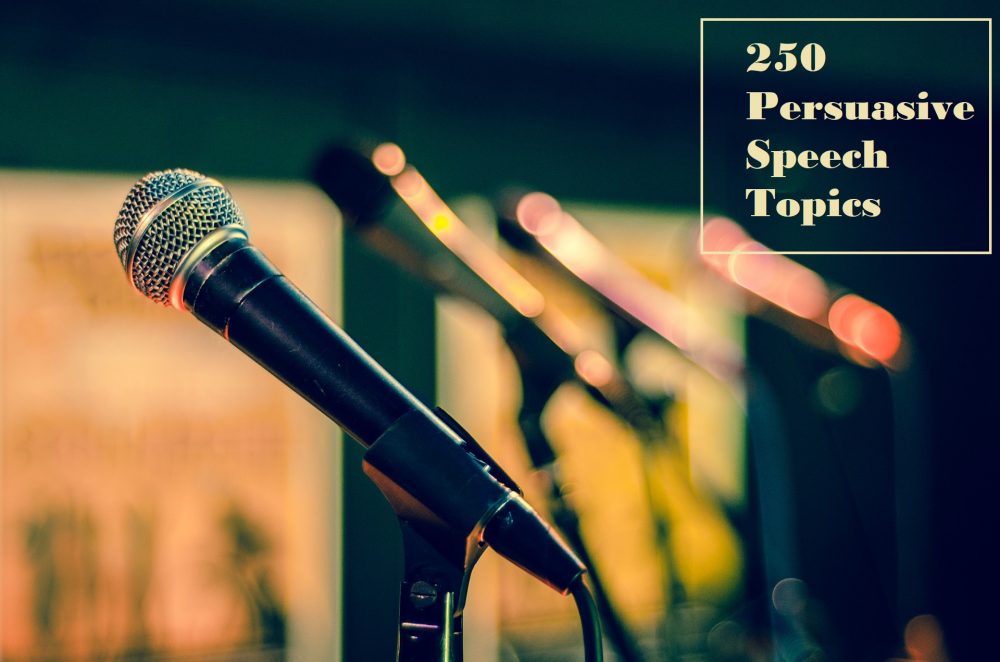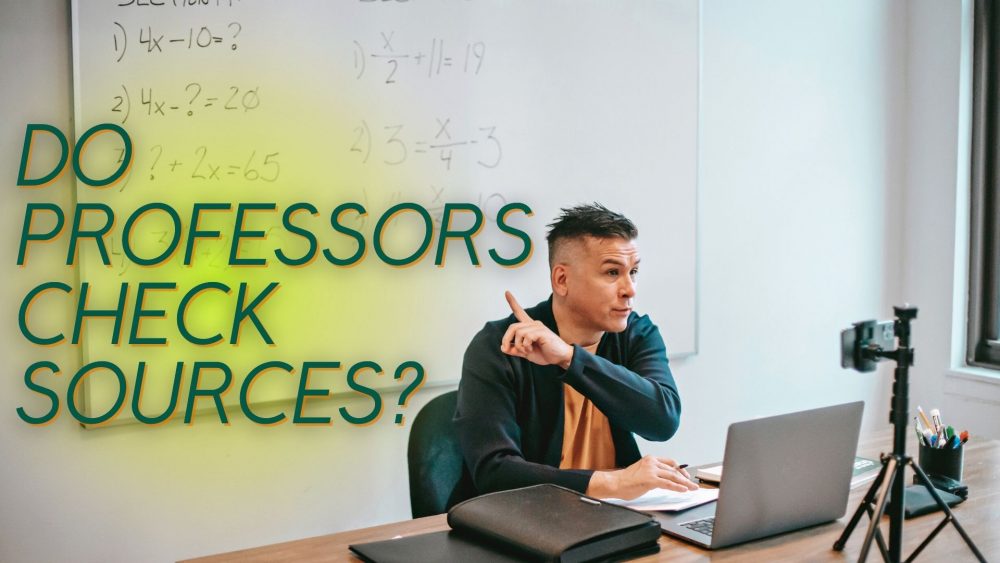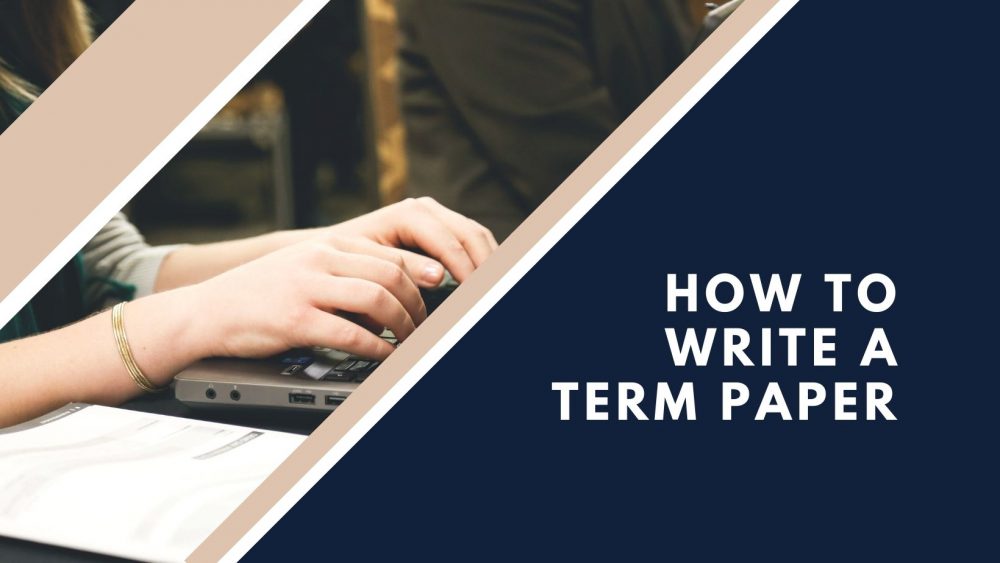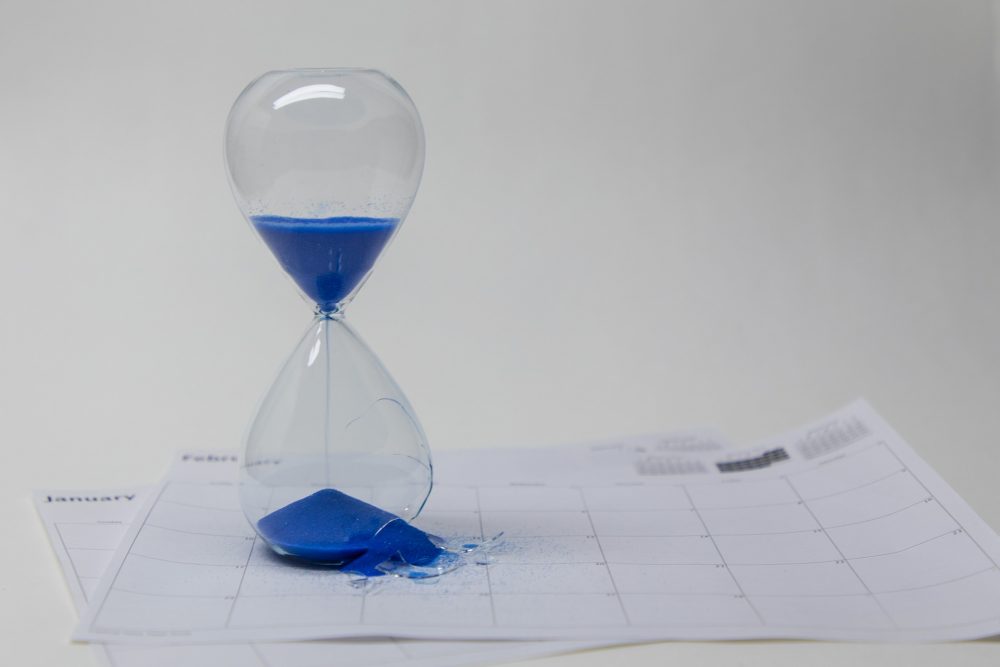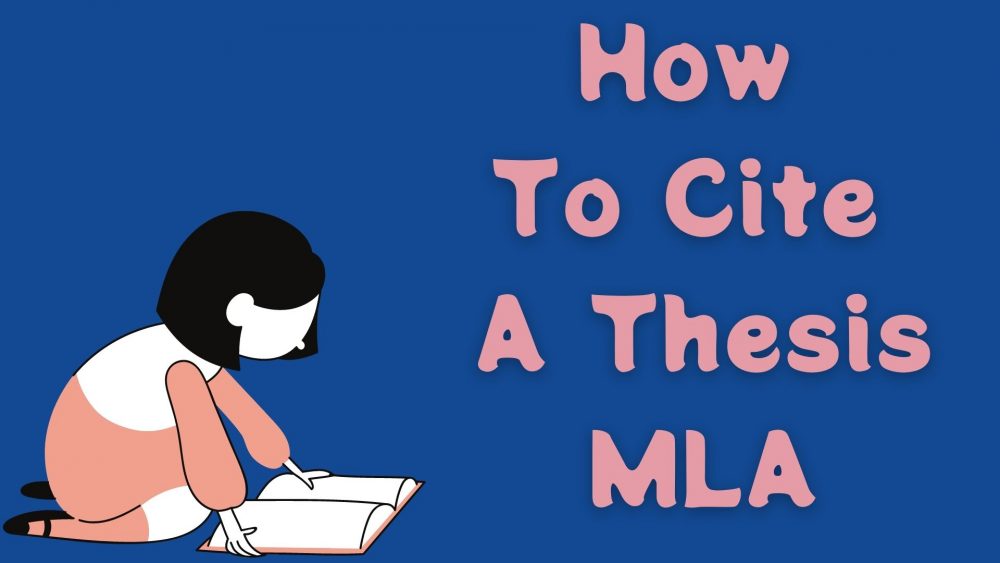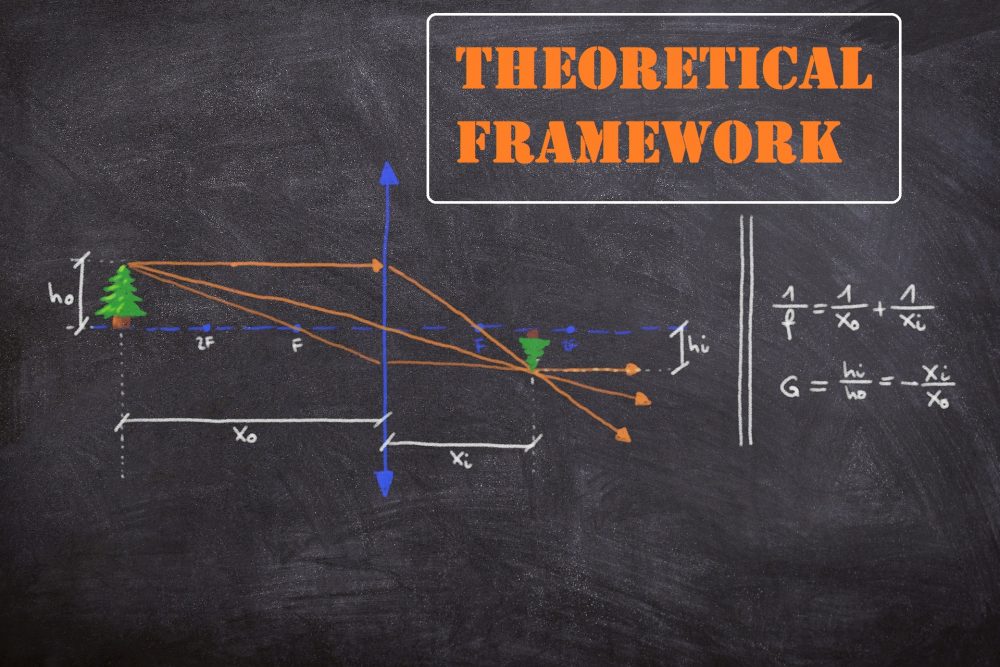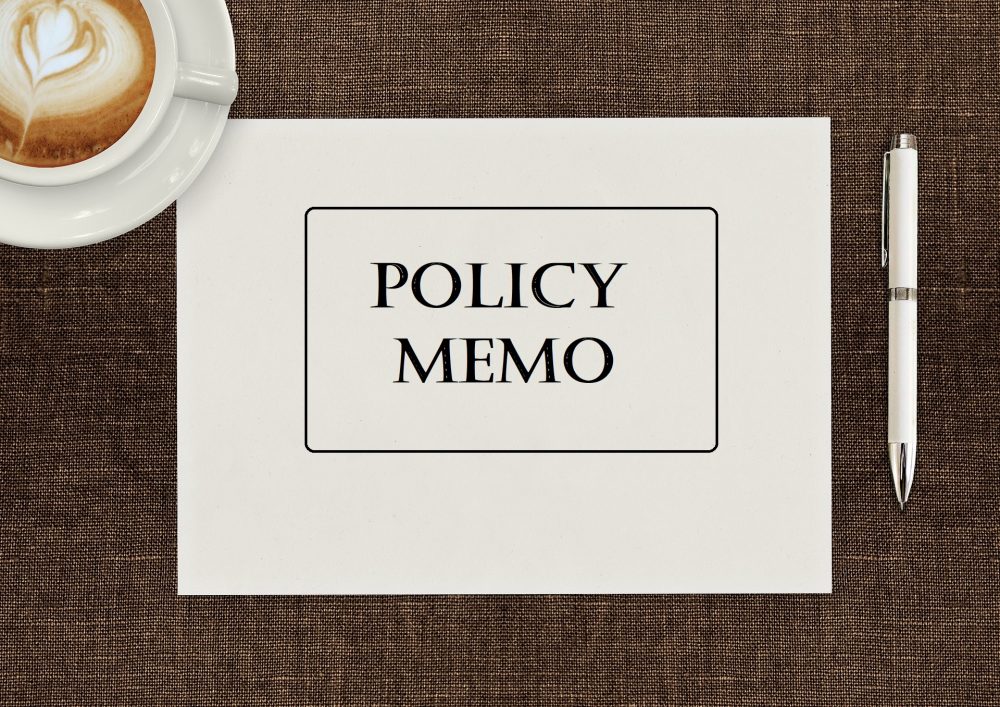In college, you will never miss writing an assignment on a narrative essay. It involves telling a story that is personal and creative in a way. Such a paper will test your ability to write a story engagingly and clearly. Unlike most academic writing, this type of homework allows you to get personal and creative.
A narrative essay may be in the form of a specific or open-ended prompt. For instance, you can have the following topics to choose from:
- Specific prompt: Narrate your first swimming experience
- Open-ended prompt: Write about an experience that changed your life
Some narrative essays may require you to think hard, while others may ask you to write about a story that interests you. However, the danger of self-plagiarism in college often results from this type of essay. Most online searches on ‘can I plagiarize myself’ are from students tackling narrative essays.
If this has been your struggle too, worry no more as we are going to unpack self-plagiarism by discussing the following:
- Definition of self-plagiarism
- How students plagiarize themselves
- Guidelines and tips on how to avoid plagiarism and self-plagiarism
- FAQs on self-plagiarism
Whether you are preparing to write an essay or a university dissertation, this guide will help you overcome the academic temptation of plagiarism and produce a unique paper. Students of all levels will do well in this in-depth analysis of plagiarism.
Table of Contents
What Is Plagiarism?
Plagiarism refers to using someone else’s ideas or words without proper attribution.
Plagiarism is common among college students writing research papers, essays, or thesis papers. Those who plagiarize do not seek the authors’ consent but rather incorporate the words into their papers without full acknowledgment.
There are cases where plagiarism may be reckless, intentional, or unintentional. The laws on plagiarism at the school and public levels often attract severe disciplinary measures. Some students have missed out on the graduation list or faced expulsion due to plagiarism.
Some of the common forms of plagiarism include:
- Verbatim: It involves quoting content word for word without proper acknowledgment
- Copying and pasting: A student will derive information from the internet or any other source, use it in their paper and fail to include the reference in the bibliography.
- Paraphrasing includes altering some words or changing the order of sentences without due acknowledgment.
- Collusion: Students can collaborate without authorization and write a paper together without attributing to the assistance received.
Plagiarism exists in many other forms, such as inaccurate citation, failure to acknowledge the assistance, and work written by other professional agencies. Students have ended up being affected by plagiarism in the following ways:
- Loss of intellectual honesty
- Failing to complete the learning process due to expulsion
- Affecting your future career
- Undermining the standard of your institution
- Making students lazy and unable to add new knowledge
That is why you should be aware of any form of plagiarism and avoid it as much as possible. You will not only save your reputation as a student but also write high-quality assignments from scratch. It will also make you take pride in your work since you know that it is a product of your hard work.
What Does Self-Plagiarism Mean?
It involves presenting previous work as new and original. Students often repeat ideas, texts, or data from work they submitted before in a previous assignment.
Self-plagiarism is gaining momentum among most college students, especially with the numerous essays they are supposed to complete.
But how can you plagiarize yourself yet the initial work belongs to you? Students are always encouraged to write fresh and original content to prevent redundancy and duplication of information. Therefore, plagiarizing your work is as grievous a mistake as taking another person’s work as your own.
Some of the common ways of self-plagiarism include:
- Paraphrasing sections of previously submitted work
- Resubmitting an entire essay
- Reusing data from previous research
- Publishing multiple separate essays on the same topic
You will not only mislead your readers with self-plagiarized work but also lower the quality of your work. Students who have consistently reused their previous work have been victims of academic dishonesty.
Self-plagiarism has the following effects on the student:
- Misrepresentation of your work as original
- Involves copyright infringement in cases of published work
- Eliminates interest in producing original work
- You will not contribute to adding new knowledge
You can still reuse your work by making necessary citations and references in the bibliography section. Remember that your professor expects a new and fresh paper every time they allocate you an assignment. Scoring top marks can only result from an original paper that is well researched and one that has passed the plagiarism check.
Can You Get In Trouble For Plagiarizing Yourself?
Yes, you can! Just as there are serious consequences when you plagiarize another person’s work, self-plagiarism can also derail your academic progress to a great extent. Depending on the level of the assignment, you can face the following consequences as a result of self-plagiarism:
- Failing the course
- Suspension or expulsion
- Damaging your academic reputation
- Facing legal consequences for copyright infringement
While most students get away with this, it is still an unacceptable practice in school. Some have lost research funding due to this practice – that is how serious it is if you think it is a light matter.
First-time offenders may receive mercy, but those caught before might get into more serious trouble. However, our experts have provided professional tips and guidelines that will help you avoid going through all these consequences due to self-plagiarism.
Scroll down to find out for yourself.
How To Avoid Plagiarism And Self-Plagiarism Painstakingly
It is possible to write an original document or reuse information from your previous work without being a victim of plagiarism or self-plagiarism. With the sophisticated plagiarism checking software available nowadays, you cannot get away with any form of plagiarism – no matter how insignificant it may seem.
Therefore to avoid all this trouble, here are some tips from a professional dissertation writer:
- Don’t just copy word for word: Instead, you should describe the ideas and results of other authors while referencing them. Point out the relevance of those ideas to your work. The cut and paste option, especially for electronic documents, encourages copying everything.
- Have various sources at hand: These will help broaden your knowledge and help you develop other creative ideas. Limiting yourself to one source may tempt you to copy and paste due to the monopoly of ideas in that single source. This trick also helps you formulate arguments from various angles, thus preventing plagiarism.
- Have a unique writing style: When you have your style, you will avoid the temptation of using other authors’ styles which may immediately raise the alarm. A unique style is developed over time using a particular diction and vocabulary. Do not, however, be redundant by repeating the same phrases in every paper you write, as this will lead to self-plagiarism.
- Using quotation marks for other people’s work: In cases where you are required to use short extracts or exact words, quotation marks help eliminate any plagiarism case. However, do not stuff direct quotes all over your paper, as this will show little originality on the part of the student. Use them only when highlighting key ideas or standard methods and applications that other writers have set out.
- Having a keen eye during the research process will involve making quality notes while identifying the source of various ideas or arguments. Doing this will not fall victim to the danger of accidental plagiarism, which often results in many research papers.
- Using a quality plagiarism checker: Before submitting your work, ensure that you pass it through a reputable plagiarism checker, which will spot any plagiarism. This checker will act as your third eye and save you lots of trouble, whether accidental or reckless plagiarism.
- Always have a bibliography section: This is where you reference all the sources used in your paper. You should also cite and reference your sources correctly. Misrepresentation of any of these often leads to plagiarism.
Integrating sources in your paper should be one of the tenets to consider during the writing process. Whereas paraphrasing is the most commonly used method of avoiding plagiarism, using it wrongly can still result in plagiarism. If this is still a menace to you, let our educated experts help you with their vast experience in eliminating plagiarism.
Can You Plagiarize Your Work – Detection Mechanisms
Various institutions continue to implement specialized forms of plagiarism detection. These have been implemented to protect the reputation of the universities and encourage students to produce unique content. With the advancement of technology, the following mechanisms have been used to root out plagiarism in schools:
- Plagiarism software databases
- Keeping databases of submitted assignments online
- Inter-university cooperation by giving access to their databases
There are various plagiarism checkers online that you can use to detect your plagiarism score before submitting it to your academic institution. However, most of these are not able to check for self-plagiarism. That is why you need to find unique self-plagiarism checkers that will allow you to compare your current work to previously submitted documents.
It is possible to beat plagiarism with the right tools and professional advice. There is no reason to get scared that your paper will be flagged for self-plagiarism anymore!
Get Help Getting Rid Of Plagiarism
The big question was, is reusing your work plagiarism, and we have seen it is. Nonetheless, you can write an original paper by typing, ‘I need help with my dissertation today’. We have native writers who are experts in developing content from scratch. We are also a best dissertation editing service, so if you’re worried about plagiarism our writers will edit your thesis or paper thoroughly. You will also enjoy a custom paper that reflects your unique writing style. Give it a shot now and get an original and high-quality paper!
Frequently Asked Questions
Here are some common questions about self-plagiarism:
Can you plagiarize yourself in college?
Yes, you can! It will happen when you are not conscious of the words or phrases you use in the papers you write. You can also plagiarize yourself in college when you fail to consult various sources during your research process.
Is it plagiarism to use your own work?
Absolutely! Academic integrity calls for original and unique submissions. Therefore, every time you use your work and submit it as a new one makes you a perpetrator of self-plagiarism. Citing your previously used work will help eliminate plagiarism.
Is it plagiarism to reuse a paper?
Yes, it is! You should always write papers from scratch or quote words and phrases from previous work. Reusing a paper without attributing the source is plagiarism, and it attracts severe penalties.
Is using thesis help plagiarism?
Not at all. Thesis help offers papers for inspiration purposes only. Therefore, a student who gets such a paper will not present it as it is but rather draft his essay from scratch. That does not amount to plagiarism in any sense.


